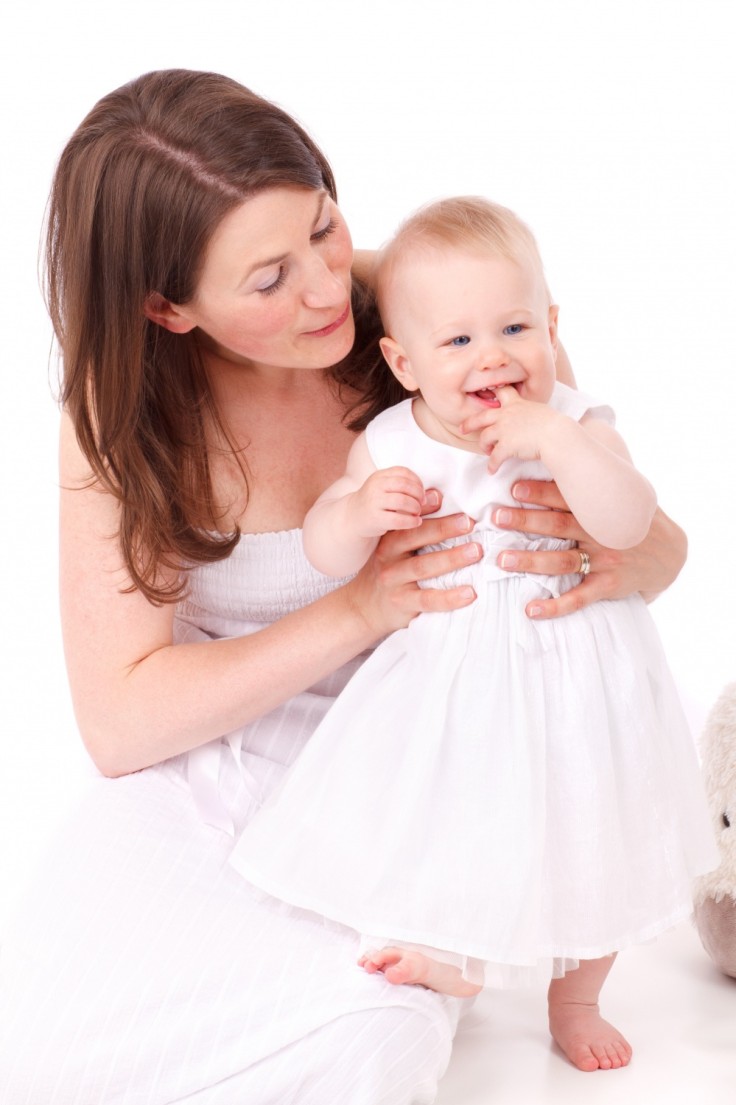
Most of the women who are focused on their career wait longer to get married and have children. Along the way, they are considering family dreams and there is an increase in the number of those who chose to freeze their eggs during their healthiest fertility years. This gives them hope of being pregnant later in life whenever they are ready.
The fertility technology leaves people in awe for enabling women to take over their biological clock. The fertility experts also make sure that these career women are knowledgeable about uncertain outcomes of egg freezing and possible risks of waiting to have children.
Here are some of the questions interested people ask:
- Why do women freeze their eggs?
The first reason is due to chemotherapy. Women who will undergo medical treatment like this could experience a delay in childbearing or toxic in their ovaries or eggs.
The second one is elective egg freezing. This is when women opt to delay getting pregnant for non-medical reasons and want to have alternative choices when they are eventually ready to pursue their family dreams.
There is what we call 'vitrification' or 'flash freezing'. This process boosted the success rate for women who want to get pregnant using their frozen eggs. This is where eggs and sperm of a partner or donor are combined in the lab while they are fresh.
Still, it's not guaranteed that those eggs will lead to pregnancy. The technology is advanced but is not perfect. Results may still vary depending on different circumstances and situations. The most ideal age to freeze eggs is 35 or younger. Those women who are in their late 30s or early 40s can still freeze their eggs just seek the advice of your doctor.
See also: 5 Good Parenting Tips You Should Know
- What happens when you freeze your eggs?
When a woman with family dreams decides to freeze her eggs, the process will take a couple of weeks.
The first step is to visit a fertility specialist who can explain the series of hormonal injections that will encourage multiple eggs to mature in the woman's ovaries. Care-providers will then do egg monitoring through ultrasound during the follow-up visits.
Then, when it's time to collect the eggs, a woman will undergo a one-time procedure that takes about 15 to 20 minutes under anesthesia. This is done vaginally using a tiny needle that goes into the ovary to collect eggs. Each egg has 4.5 percent to 12 percent chance of becoming a baby in the future. The patient can go home the same day because the procedure is not at all painful.
- How much does egg freezing cost?
Well, other insurance plans may cover medical or elective egg freezing but in most cases, it is paid out-of-pocket. The cost ranges from $10,000 to $12,000. This includes the tests, laboratory exams, ultrasounds, and the procedure excluding the annual storage fee of eggs.
As they say, the essence of a woman is to give birth to a child and it's true. But most are putting their reproduction on hold until there is a more convenient time. Being a mother is a lifetime job without break times. Let us salute those women who are brave enough to be one whether naturally or with the assistance of technology.
© 2025 University Herald, All rights reserved. Do not reproduce without permission.








